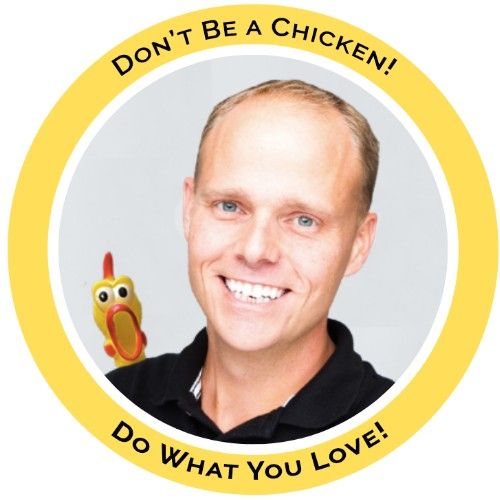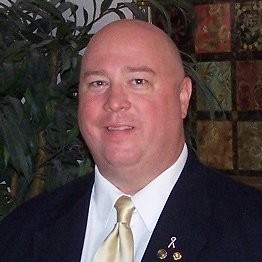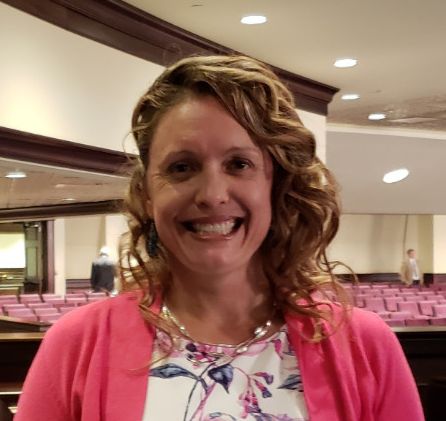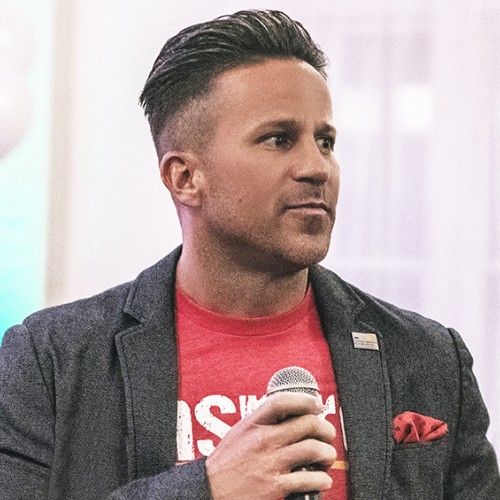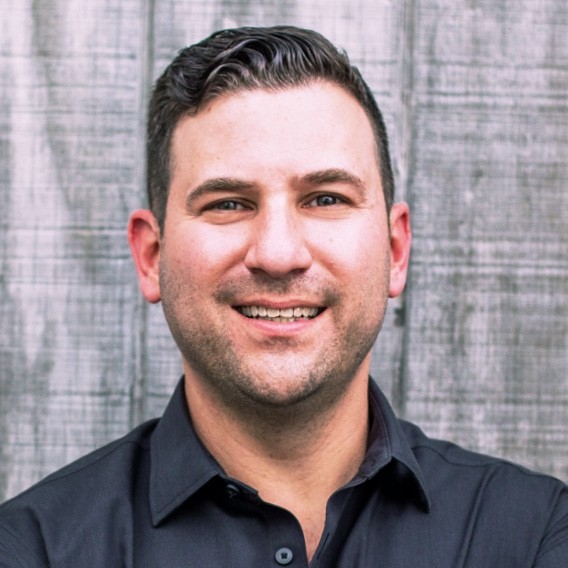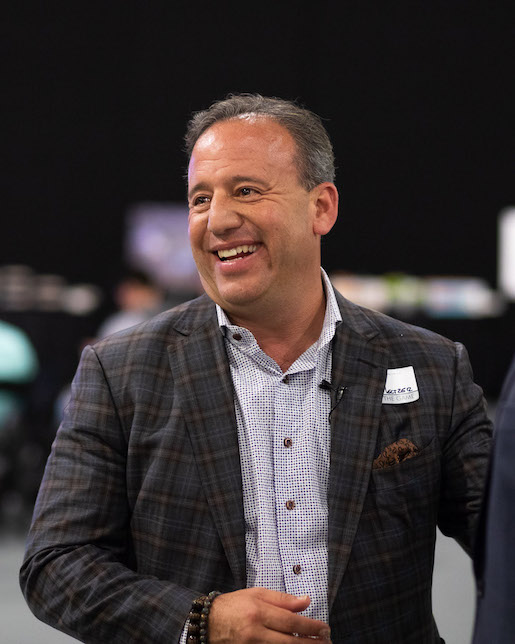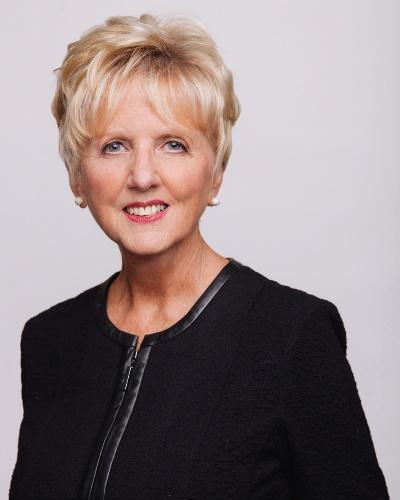Work Orientation is how you derive meaning from work
Everyone has their own way of deriving meaning from work. We call this your Work Orientation. Research has helped show that people generally fall into one of three major categories based on how they find meaning at work. Some people are:
• Career Oriented – or motivated by professional growth like getting promoted or learning new skills that support career advancement.
• Calling Oriented – or motivated by the fulfillment from doing the work and making a positive impact on the world with their work.
• Job Oriented – or motivated by gaining greater control over work/life balance and gaining material benefits to support their life outside of work.
Work Orientation is fluid, meaning it likely will change throughout your life and be impacted by both personal and professional events. Work Orientation is also on a spectrum, meaning that you aren’t necessarily purely career, calling, or job oriented, and many people have mixed orientations.
Next, I’m going to share tips on how work orientation affects your work, either as a manager or as an employee, and how you could leverage this information to create a better, more sustainable work environment.
Job Oriented
As a Job Oriented Professional
If you are a job-oriented professional, it means you are motivated by work/life balance and using your professional development to gain greater control and freedom over your life. In a work setting, it can feel frustrating when your company wants to keep pushing additional responsibilities onto you without considering your input on how this affects your workload, compensation, or balance.
Advocating for yourself can be difficult because it might be counter to the culture that is set at the company. If your manager and everyone around you is working 16-hour days, you may feel like a slacker when you finish up after only 10 hours. But, for you to get the most value from your work, particularly with regard to your long-term engagement, it is critical that you broach this topic with your manager or you will become burnt out.
Here are some suggested questions and suggestions you can use to help you broach the topic with your manager:
• Career Oriented – or motivated by professional growth like getting promoted or learning new skills that support career advancement.
• Calling Oriented – or motivated by the fulfillment from doing the work and making a positive impact on the world with their work.
• Job Oriented – or motivated by gaining greater control over work/life balance and gaining material benefits to support their life outside of work.
Work Orientation is fluid, meaning it likely will change throughout your life and be impacted by both personal and professional events. Work Orientation is also on a spectrum, meaning that you aren’t necessarily purely career, calling, or job oriented, and many people have mixed orientations.
Next, I’m going to share tips on how work orientation affects your work, either as a manager or as an employee, and how you could leverage this information to create a better, more sustainable work environment.
Job Oriented
As a Job Oriented Professional
If you are a job-oriented professional, it means you are motivated by work/life balance and using your professional development to gain greater control and freedom over your life. In a work setting, it can feel frustrating when your company wants to keep pushing additional responsibilities onto you without considering your input on how this affects your workload, compensation, or balance.
Advocating for yourself can be difficult because it might be counter to the culture that is set at the company. If your manager and everyone around you is working 16-hour days, you may feel like a slacker when you finish up after only 10 hours. But, for you to get the most value from your work, particularly with regard to your long-term engagement, it is critical that you broach this topic with your manager or you will become burnt out.
Here are some suggested questions and suggestions you can use to help you broach the topic with your manager:
- Hi {manager name}, I was wondering if we could have a conversation sometime over the next week or two so I can gain some clarity on my role and set some expectations for the upcoming months?
- This may seem like a daunting question to ask your manager, but a good manager would much prefer you be upfront with them about your need for work/life balance. This helps you enact greater control over your situation and can ensure that you have a say in your work/life balance. A good manager knows that failing to have these conversations with job-oriented professionals can lead to overwork and potentially an exit from the company.
- I am struggling with creating boundaries between work and life and I was wondering if you could help me clarify my goals so then I can feel like I am holding up my share of the work?
- Job-oriented professionals excel at finding ways to do great work when the rewards are connected to their desire for control over their work/life balance. Leaving early doesn’t mean leaving with work left undone; it means you want to find new or better ways to do your part so you can reap the fruits of your labors.
- Right now, my current workload is impacting my ability to {xyz – spend time with family, play videogames, spend time with friends, etc.} and that is really important to me. Would you be open to helping me structure my work schedule so then I could get my work complete and optimize my ability to {xyz}?
- If I feel a task assigned to me is too much for what I have the capability to handle, how would you like me to communicate that to you?
- What is the most important aspect of my work and what do I bring to the team? How can I optimize my time to be most impactful?
Managing a Job Oriented Professional
Job-oriented professionals are motivated by work/life balance and gaining control over that balance. You may have a different work orientation than somebody that is job-oriented and that is okay. Being job-oriented doesn’t mean you are lazy or disengaged, it just means you want work/life balance. Pursuing the next promotion or making an impact on the world are not significant motivators for you. This simply presents a different way for an employee to find their motivation for work, and it doesn’t mean that calling or career orientations lead to better work. In fact, after studying thousands of professionals and their work orientation, our team has found that no single orientation has greater engagement than another. Essentially, job-oriented professionals are just as engaged as everyone else.
What is critical, as managers of job-oriented professionals, is that we understand that and are conscientious of that when we add work to their plates.
When managing job-oriented professionals, it is critical that we set clear expectations with them regarding how much they expect to work, their compensation for that work, and how their work should be prioritized. Good managers must do their best to maintain standards and adapt compensation (not strictly monetary) to match changes in workload. Job-oriented professionals will be particularly frustrated when new, arduous tasks disrupt their expectations, and this leads to disengagement or leaving the company.
For job-oriented professionals, their work is not their entire life, and that is okay! Job-oriented professionals want consistency. They want to know their work or workload isn’t going to drastically change overnight so they can put their mental energy into their life outside of work.
For example, some managers of job-oriented professionals give them incredible amounts of autonomy with their work with very clear expectations. These managers know how much time it takes the average person to complete the task and what quality metrics are necessary. They support motivation for job-oriented employees by providing incentives for great work like pay bonuses, greater control over hours, or even intangible rewards like a manager’s trust when picking projects.
However, you don’t want to cheat the system because your employee will notice, not even including the broader effects of dishonesty at work. Job-oriented professionals expect a fair deal and will respond fairly. So if you are offering half-measures or offering poor incentives, they will take notice. “Fake” rewards (e.g., offering to let them leave early for completing a task impossibly fast) will only build distrust. They are not going to fall for that trick a second time and they are going to lose trust that you have their best interests at heart.
What is critical to job-oriented professionals is clarity as to what you expect from them and that they are in agreement that your expectations are reasonable for them to complete.
Here are some suggested questions you can ask your job oriented direct reports to better understand their goals and aspirations:
Job-oriented professionals are motivated by work/life balance and gaining control over that balance. You may have a different work orientation than somebody that is job-oriented and that is okay. Being job-oriented doesn’t mean you are lazy or disengaged, it just means you want work/life balance. Pursuing the next promotion or making an impact on the world are not significant motivators for you. This simply presents a different way for an employee to find their motivation for work, and it doesn’t mean that calling or career orientations lead to better work. In fact, after studying thousands of professionals and their work orientation, our team has found that no single orientation has greater engagement than another. Essentially, job-oriented professionals are just as engaged as everyone else.
What is critical, as managers of job-oriented professionals, is that we understand that and are conscientious of that when we add work to their plates.
When managing job-oriented professionals, it is critical that we set clear expectations with them regarding how much they expect to work, their compensation for that work, and how their work should be prioritized. Good managers must do their best to maintain standards and adapt compensation (not strictly monetary) to match changes in workload. Job-oriented professionals will be particularly frustrated when new, arduous tasks disrupt their expectations, and this leads to disengagement or leaving the company.
For job-oriented professionals, their work is not their entire life, and that is okay! Job-oriented professionals want consistency. They want to know their work or workload isn’t going to drastically change overnight so they can put their mental energy into their life outside of work.
For example, some managers of job-oriented professionals give them incredible amounts of autonomy with their work with very clear expectations. These managers know how much time it takes the average person to complete the task and what quality metrics are necessary. They support motivation for job-oriented employees by providing incentives for great work like pay bonuses, greater control over hours, or even intangible rewards like a manager’s trust when picking projects.
However, you don’t want to cheat the system because your employee will notice, not even including the broader effects of dishonesty at work. Job-oriented professionals expect a fair deal and will respond fairly. So if you are offering half-measures or offering poor incentives, they will take notice. “Fake” rewards (e.g., offering to let them leave early for completing a task impossibly fast) will only build distrust. They are not going to fall for that trick a second time and they are going to lose trust that you have their best interests at heart.
What is critical to job-oriented professionals is clarity as to what you expect from them and that they are in agreement that your expectations are reasonable for them to complete.
Here are some suggested questions you can ask your job oriented direct reports to better understand their goals and aspirations:
- How do you feel about your current workload? When do you feel like you are working too much? When do you feel like you are working the right amount?
- What aspects of your work could benefit from greater clarity from myself or other team members?
- Who on the team do you feel is working too many hours?
- What aspects of your work do you like the most?











